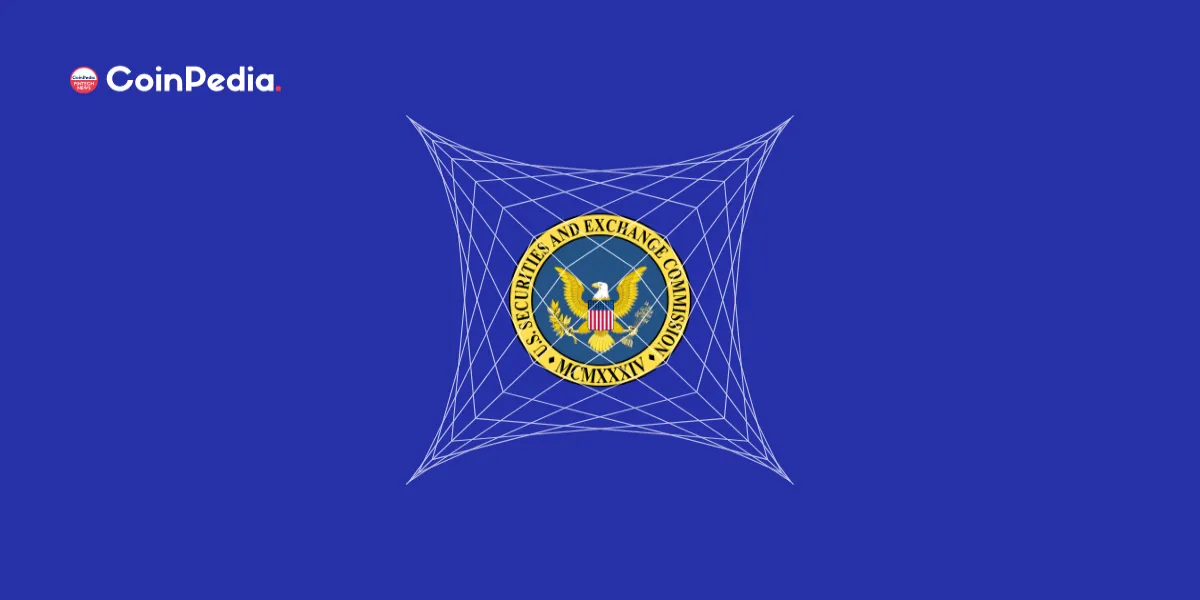
The U.S. Securities and Exchange Commission (SEC) filed a lawsuit on January 12th against digital asset management group Genesis and the cryptocurrency exchange Gemini, founded by the Winklevoss twins, for alleged violation of securities laws by selling unregistered securities.
However, a surprising revelation came to light when former SEC Enforcement Chief, Lisa Braganza, alleged that the regulatory agency had prior knowledge of the situation but chose to allow it to continue. This has raised questions about the SEC’s handling of the case and their enforcement actions towards the crypto industry.
Why did the SEC fail to act?
Lisa Braganza, a former branch chief of the SEC’s enforcement division in Chicago, revealed in an interview on CNBC’s Squawk Box that the regulatory agency had been investigating Gemini’s crypto-lending product for an extended period but failed to take action.
She claims that the SEC allowed the potentially fraudulent operation to continue, even after the crypto market crash in November 2022 and Gemini’s failure to pay customers. According to her, it took “two more months” for the SEC to take action, as it was waiting for Gemini to file an answer in a separate class action case related to the company’s failure to continue payments under its proprietary Earn product.
The SEC had previously made it clear that programs like Earn are considered securities, making it baffling that they didn’t resolve the issue sooner. She said, “It’s puzzling why they didn’t come to a resolution of this a long time ago, months and months ago.”
Braganza believes that there has been a lot of finger-pointing, starting with Barry Silbert, CEO of Genesis’s parent company Digital Currency Group (DCG), and also involving the Winklevoss twins who, according to her, failed to conduct their own research and relied solely on Silbert’s assurance of Genesis’s solvency. Additionally, she states that the regulatory authorities have been aware since June 2022 that the leading cryptocurrency broker Genesis was operating in a non-solvent manner in the United States.
According to Braganza, digital asset management groups and crypto exchange companies have a responsibility to their customers when handling large sums of money, particularly their customers’ money. The SEC has not yet commented on her statements. The outcome of the legal action taken against Genesis and Gemini is yet to be determined, as the case is still in progress.
The post appeared first on Coinpedia






